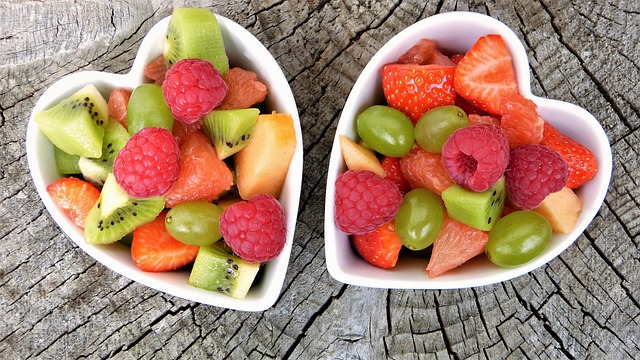Demystifying Dairy-Free Probiotics: What You Need to Know
Probiotics are live microorganisms, usually bacteria or yeasts that have numerous health benefits when consumed in adequate amounts. Many people are familiar with the benefits probiotics offer for digestive health, but they can also help support the immune system and promote overall wellbeing. However, not everyone is able to consume dairy-based probiotics, whether due to dietary restrictions, allergies or personal preferences. In this article, we’ll be discussing dairy-free probiotics and what you need to know about them.
Types of Dairy-Free Probiotics
There are countless strains of probiotics, but some are more commonly used in dairy-free products than others. Here are a few to keep in mind:
- Bifidobacterium lactis: A strain shown to improve digestion and support immune function.
- Lactobacillus acidophilus: One of the most well-known strains of probiotics, it is commonly used to keep the gut healthy and balanced.
- Bacillus coagulans: A spore-forming bacteria that is more resistant to heat than other strains, making it more shelf-stable and commonly found in yogurts and dietary supplements.
Dairy-Free Probiotic Sources
Now let’s talk about where you can find dairy-free probiotics. Here are some common sources:
Fermented Foods and Beverages:
Fermented foods and beverages are a great source of probiotics, and many of them are dairy-free. Some of the most popular examples include:
- Kombucha: A fermented tea that contains a variety of live bacteria and yeast cultures.
- Sauerkraut: Fermented cabbage that is rich in Lactobacillus bacteria.
- Miso: A traditional Japanese paste made from fermented soybeans and barley or rice.
- Kimchi: A Korean dish made from fermented vegetables, including cabbage, radishes, and scallions.
Non-Dairy Yogurts:
Non-dairy yogurts are a great option for those who want to consume probiotics without dairy. Typically, they are made from soy, coconut, or almond milk, and come in a variety of flavors. Look for brands that say they contain live cultures or probiotics.
Probiotic Supplements:
If you’re not a fan of fermented foods or non-dairy yogurts, probiotic supplements can be a good option. They come in capsules, powders, and even gummies. Be sure to read the label carefully to ensure it is dairy-free.
Benefits of Dairy-Free Probiotics
Dairy-free probiotics offer the same health benefits as their dairy-based counterparts. Here are just a few of the benefits:
- Improved Digestion: Probiotics can help to stimulate the production of digestive juices and enzymes, which can aid in the breakdown and absorption of food.
- Enhanced Immune System: A healthy gut is vital to a strong immune system, and probiotics can help to support the growth of beneficial bacteria in the gut.
- Reduced Inflammation: Some studies have shown that probiotics may help to reduce inflammation in the body, which can lead to a variety of health problems.
Conclusion
Dairy-free probiotics are a great way to support your gut health and overall wellbeing. Whether you choose to consume them through fermented foods, non-dairy yogurts, or supplements, be sure to read labels carefully and choose high-quality, effective products. And as always, consult with your healthcare provider before adding any new supplement to your routine.







